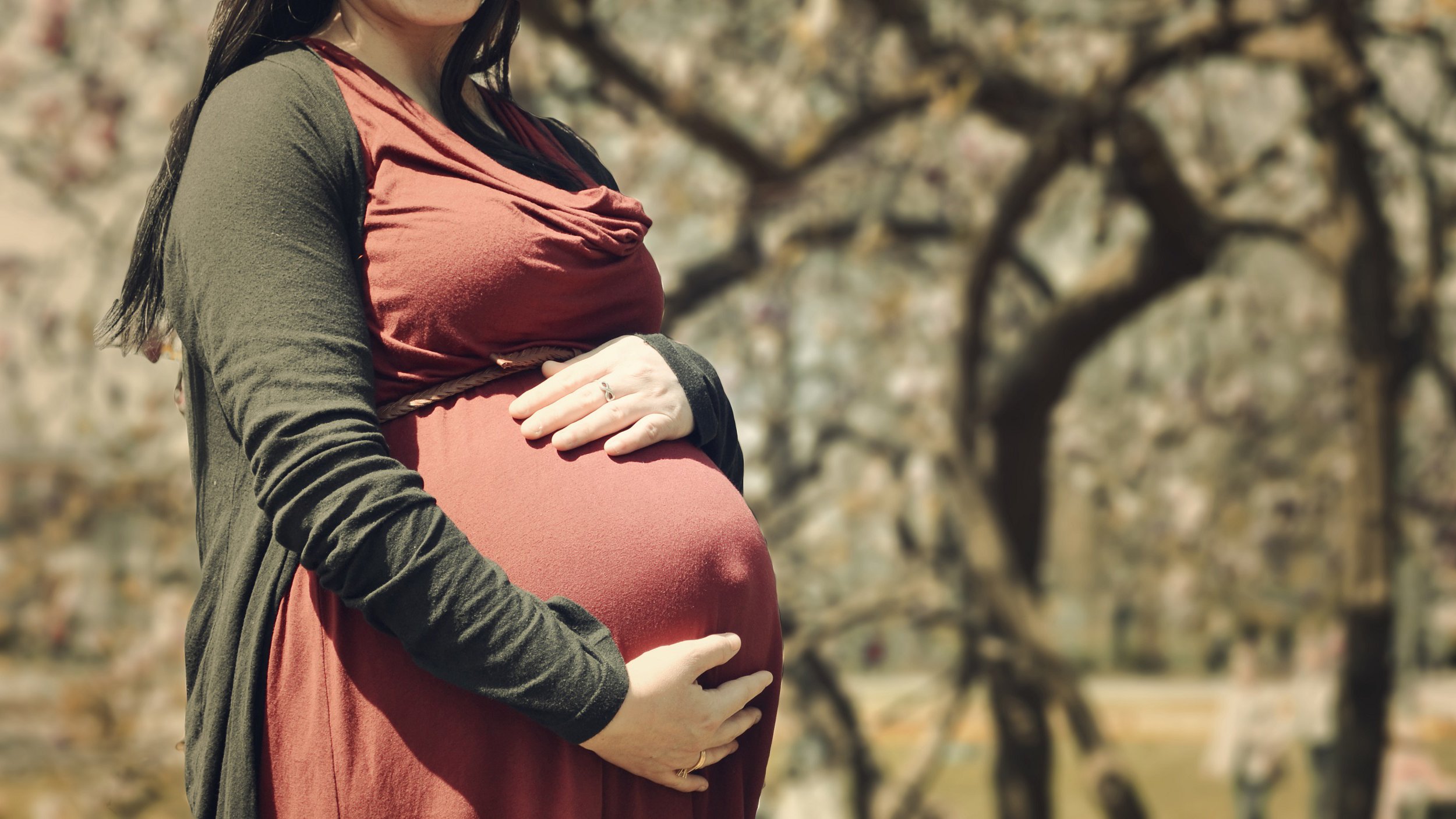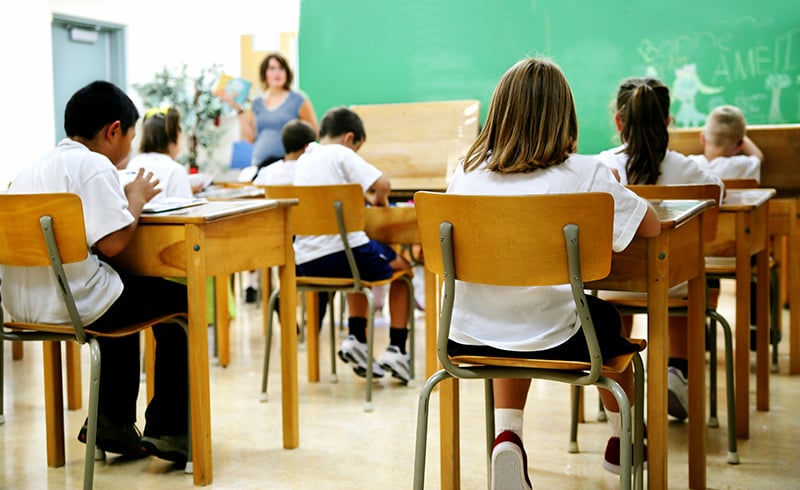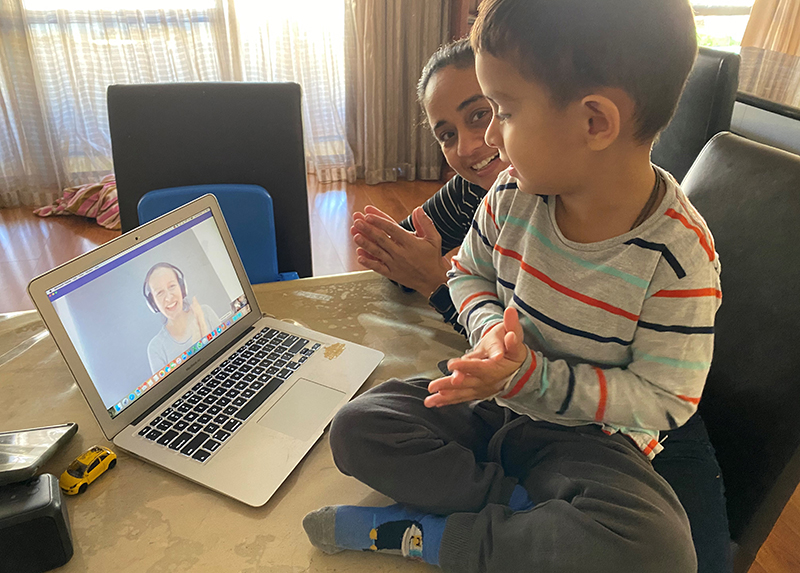Search

News & Events
The Kids data expert joins life-changing Raine StudyCongratulations to Associate Professor Rebecca Glauert, Head of the Developmental Pathways and Social Policy Team at The Kids Research Institute Australia and an internationally recognised expert in data linkage.

News & Events
Back to school: How to pack a healthy lunchbox to keep your child fuelled up for learning and playPlenty of parents will tell you the daily lunchbox dilemma is one thing they did not miss during the summer holidays – which stretched even longer due to WA’s hard lockdown.

News & Events
Helping WA kids through the state’s snap lockdownWA’s sudden lockdown has come as a shock to most of us. The Kids Research Institute Australia researcher and psychologist Dr Monique Robinson says parents should keep a close eye on their children who may be feeling anxious or disappointed as a result.

News & Events
Alcohol labels a win for Australian babiesPerth’s The Kids Research Institute Australia has praised the Food Safety Ministers of Australia and New Zealand for standing firm and putting children first by approving the recommended red, black and white mandatory warning label on alcohol products.

News & Events
Alcohol industry lobbying puts babies at riskThe Kids Research Institute Australia researchers have urged Australia’s Food Safety Ministers to hold their nerve and resist alcohol industry efforts to water down health labels that will protect Australian babies from the lifelong effects of Fetal Alcohol Spectrum Disorder (FASD).

News & Events
The power of pooches: pre-schoolers benefit from having a family dogThe benefits of owning a dog start even earlier than previously thought show new research from The Kids Research Institute Australia.

News & Events
WA duo recognised as world’s most frequent autism research collaborators of the decadeDirector of CliniKids, Professor Andrew Whitehouse, and Professor Murray Maybery, have been identified as the world’s most frequent autism research collaborators of the decade.

News & Events
How to support your kids through the next phase of COVID-19In Western Australia we have so far been remarkably successful in flattening the curve and preventing the community spread of COVID-19.

News & Events
Assessing COVID-19 Across Western Australian SchoolsWestern Australia has been highly successful at containing community spread of COVID-19 to date.

News & Events
CliniKids clinicians rise to the COVID-19 challengeThe CliniKids team has reimagined how allied health services for children with autism spectrum disorder or developmental delays are delivered.
